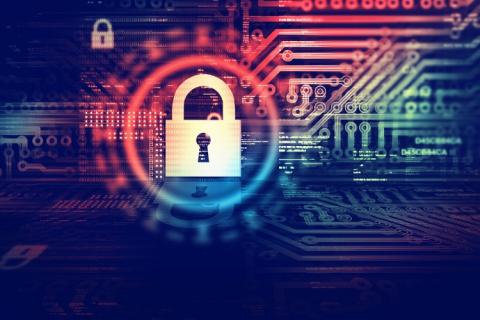How to Protect Against a Ransomware Attack
In 2017, ransomware attacks increased by 90 percent, making it the most prevalent variety of malware. Every organization should be thinking about ransomware protection and detection – because proper security is always more prudent than the costs of a ransom or lost time and data. Ransomware is changing and evolving – and so are network security offerings. Here are a few things you need to know to protect your business against a ransomware attack.











